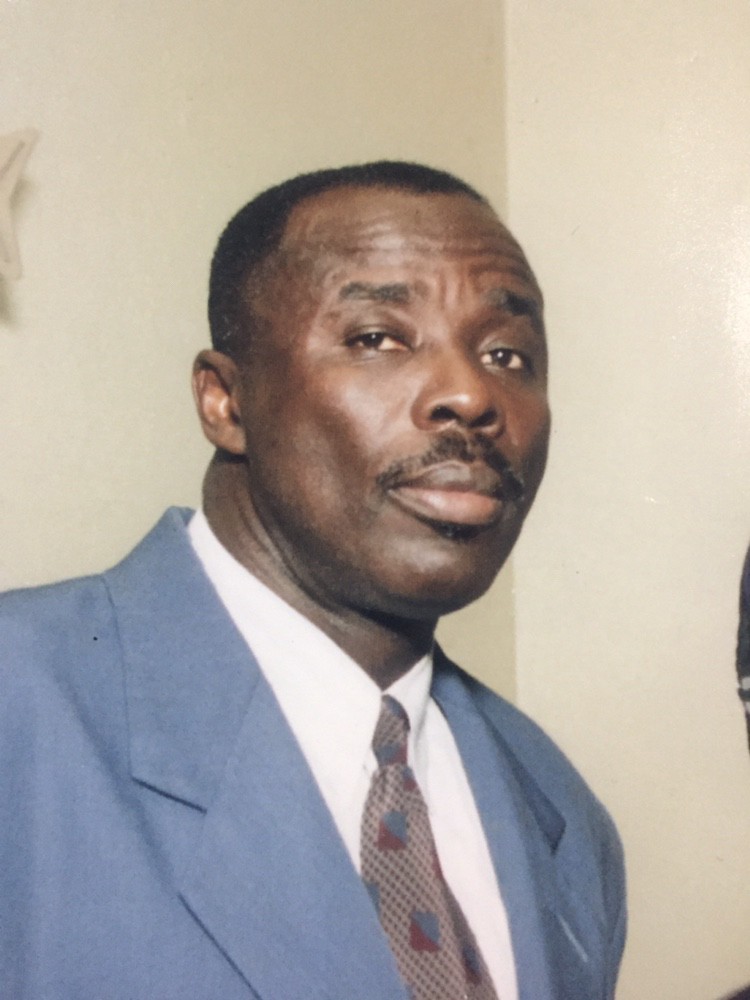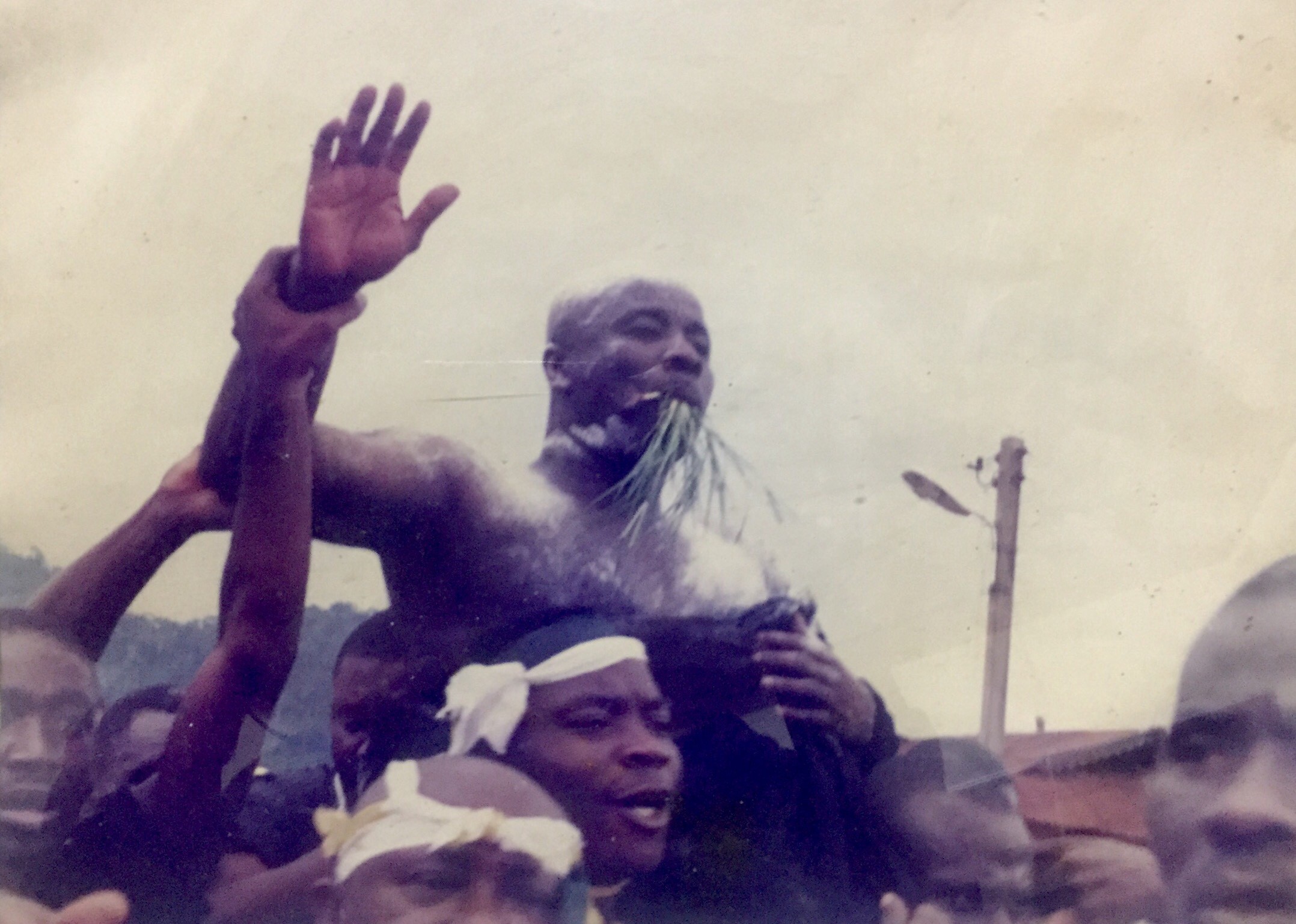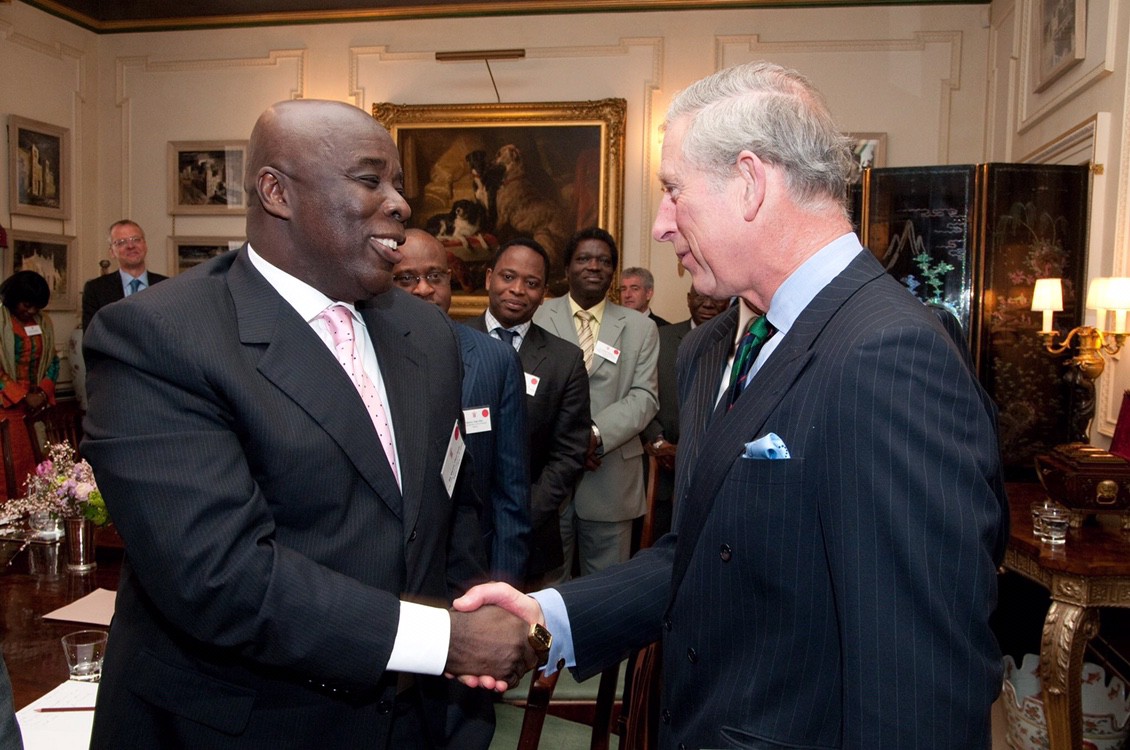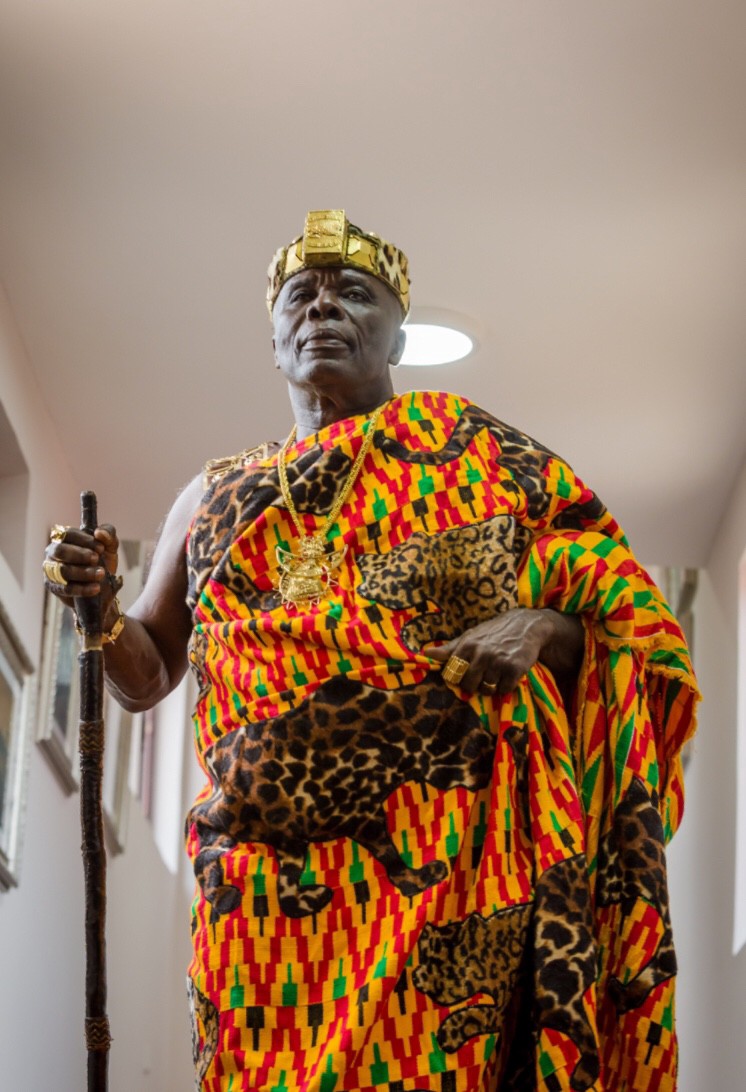As Ghana hosts the greatest repatriation initiative for Africa, there is a lot to appreciate of those who have made that decision of a return, to have abandoned the comforts of Western society and move to catch up with whatever is left of the cradle of civilization.
Although some may have awakened from the American Dream, with a slap of reality — racism — and found peace at home, it was not not entirely for all a walk in a park. Some gave up and left Africa minutes after the fan fare tunes of “Akwaaba†faded away. But that could not be said of Odehyee Nana Kwame Ofori Atta.

This is a citation of sort for a man, a returnee from the diaspora 20 years ago and made King by his people. By all standards a brave man who inherited a Kingdom to transform it. At the passing of the then King, Osagyefuo Kuntunkununku II, Nana Kwame returned to Kyebi, the ancient capital of Akyem Abuakwa in Ghana for one reason alone; to plan a befitting burial his brother. His late brother was King for only 23 years (August 2, 1976 to March 17, 1999) after inheriting the Ofori Panin throne from their uncle Osagyefuo Nana Ofori Atta III. The sad demise of Osagyefuo Kunkunkunku invited a lot of other Akyem people abroad, a majority of whom had travelled out during the late 1970’s and early 1980’s to further their education and work.
As the 14th century aged customs of the Ofori Panin stool demands, there was the need for a new King to be enstooled. And only then would the final phase of the funeral rites be performed.
After the burial of the late King, a request was sent immediately to the Royal families to nominate a candidate each. They were to be presented to the “King Makers†for the meritorious selection of an heir apparent. This is the first stage of the selection process. For Nana Kwame Ofori Atta, an insurance broker in the United States, who had made a return trip to Kyebi, Ghana to bury his departed brother the King, it was a call of duty that dawned upon him then, when he was nominated by his family. He had no intention or plans to stay and for that matter become King. His mother, Odehyee Abena Akoto was the lineage to royalty, considering that the Akyem Abuakwa Kingdom is predominately a matrilineal society. They fielded Nana Kwame as their candidate for selection by the “King Makersâ€. At this stage, nothing else mattered, except honour to his bloodline and duty to his Kingdom. He was to give up his career, home, liberties and everything he was doing to serve his people. Even his name, Nana Kwame Ofori Atta was to be given up for an inherited stool name or new one as it turned out. To make the duty more challenging, he was to learn on the job. And he was not to disappoint his family.

He was enstooled as the 35th Okyenhene (King of the Akyem Abuakwa) on 4th October, 1999 and name Osagyefuo (redeemer) Amoatia Ofori Panin; first of his name. He appreciated the task ahead with no hope for easy success. Just duty. At the time, the Kingdom’s slogan “yɛn nhwɛ ma ɛnsɛi†(we shall not look on for it to ruin) sparked only ridicules. Even some Akyem people responded to the slogan with “ɛnso na asɛi†(and yet it continues getting ruined). To understand the problem, as ancient wisdom assures is part of the solution, Osagyefuo decided to tour the Akyem Abuakwa Kingdom. About 900 towns and villages in six weeks, interacting with the chiefs and people, and gaining their support for the task ahead. A baseline was realised. He decided to chart a new course in environmental conservation, considering that there was then a subsiding fate to the unique features of the Kingdom, which is its rich forests, with the famous Atewa Forest Reserve in the heart of it. Soon enough he was a renowned environmentalists, even though one of his inherited titles were “Kwaɛbibiremhene†(King of the rich dense forests). Osagyefuo had established an NGO called OKYEMAN ENVIRONMENT FOUNDATION in just a year and later on, the University College of Agriculture and Environmental Studies. His strides in conservation and environmental protection caught the attention of other monarchs who upheld the same vision. Among heads of states who were nominated by the Prince of Wales, Prince Charles to form the Advisory Board for his yet to become Prince’s Rainforest Project (PRP), the Okyenhene, Osagyefuo Amoatia Ofori Panin was the only Traditional Leader.
Two years into his reign, one of his friends in USA reached out to him with an idea. It was Paxton Baker, a young man he had met on a plane and became friends with because of the encouragement and motivation he gave him. He later became the Executive Vice President for BET Jazz Digital Networks and President of BET Event Productions (Washington, USA). Pax, as he called him, wanted to organise an event dubbed “Ghana Jazz and Heritage Festival†to be held during the Black History Month, but in Ghana at the Cape Coast Castle. It was unique and the first of its kind. Foreign Jazz musicians including Freddie Jackson, Marcus Johnson, Mike Philips, Angela Bofill and Sy Smith will participate. It caught a lot of attention. An Afro American Jazz festival in a castle that was built by Europeans and later used for trading slaves? The answer to that was that it served as a victorious celebration of freedom in the same place that blacks were enslaved. Part of the proceeds from the concert went to HIV/AIDS awareness creation and the maintenance of the Cape Coast castle as a historic tourism site.

The awareness creation started a whole new programme; OKYEMAN HIV/AIDS FOUNDATION was established, with the King testing publicly. He defied an ancient tradition that disallowed him to expose his blood or get any part of his body injured in order to give samples for testing. This single act motivated thousands of people to also test and find their statuses. Further, a marathon was organised annually to commemorate the HIV/AIDS awareness day in December. The King would join the marathon, and in so doing defying yet another custom; he is not to be seen sweating in public.
Earlier this year, as he marked 20 years on the throne, he went on another tour around his Kingdom to reaffirm the baseline. In 16 strategic destinations he met with his people to make an assessment of the effect of his reign and what has become of the communities he visited 20 years ago. He went along with a team of medical professionals to provide health screening for thousands of people. In his interactions, he made a bold declaration to spearhead a tree planting initiative which will commit 25 million trees planted by his 25th anniversary. All his people embraced the declaration and pledged their support. He also announced the building of 10 model basic schools across the Kingdom under his fellowship and ideals. It is to be named the Amoatia Ofori Panin Basic School.

A lot can be said about him on the development programmes that he has initiated for his people, but what is most striking is his courage and tenacity to have endured his return to serve his people . He remains a fine example of a Returnee who has survived the “climate†and never looked back. He fits for icon for repatriation and a mentor for our brothers and sisters who have decided to return home and settle or yet to make the decision.
The Year of Return has granted permanent citizenships this year for over 200 foreign nationals who have found their roots in Ghana. At the Grand Durbar to celebrate the 20th Anniversary of the Okyenhene, Osagyefuo Amoatia Ofori Panin, they come in to pay homage to him as a starting point to sharing experiences and helping rebuild the Africa the world deserves. There is so much opportunity here to have been abandoned by our African brothers and sisters across the world. This Year of Return is the bridge.
By Kofi Gyimah Amoako-Gyimah





